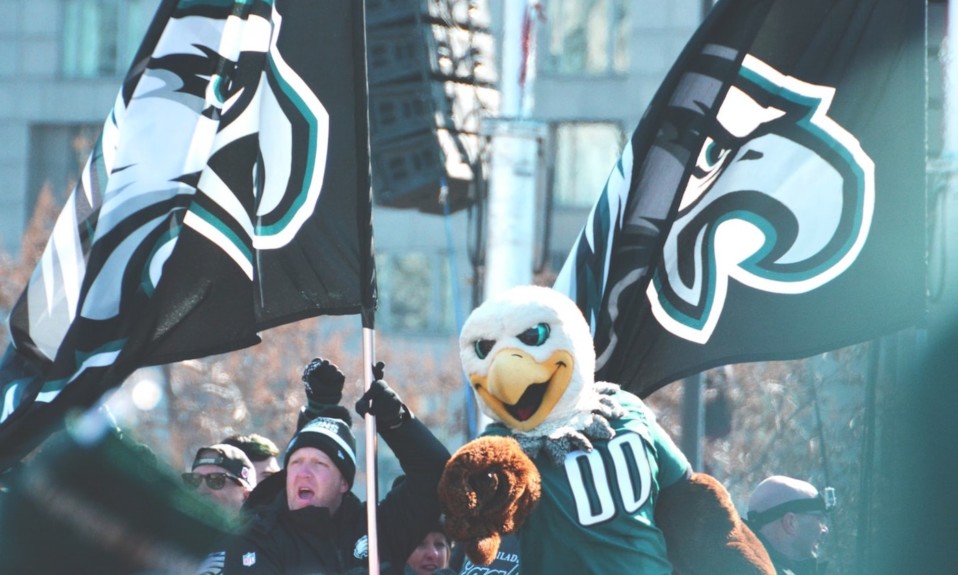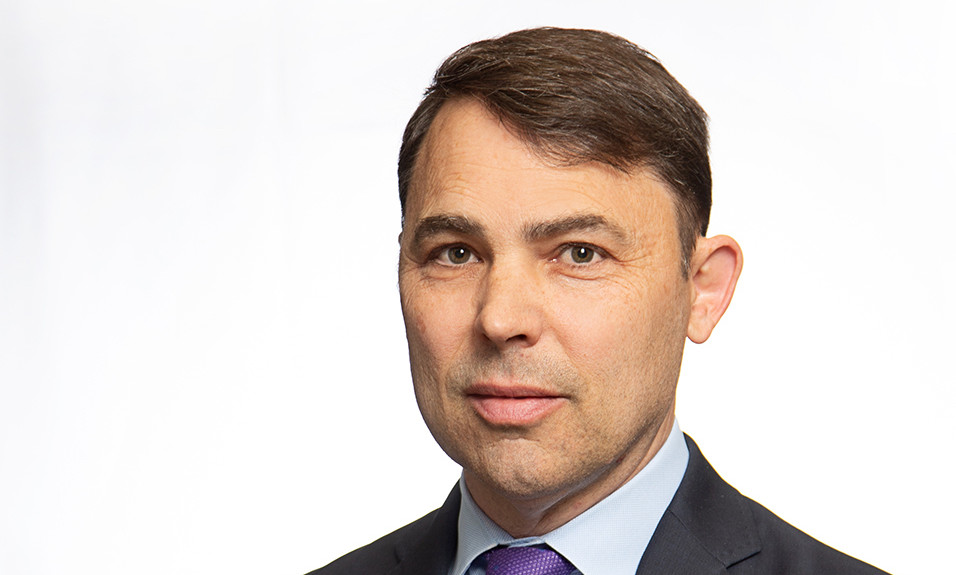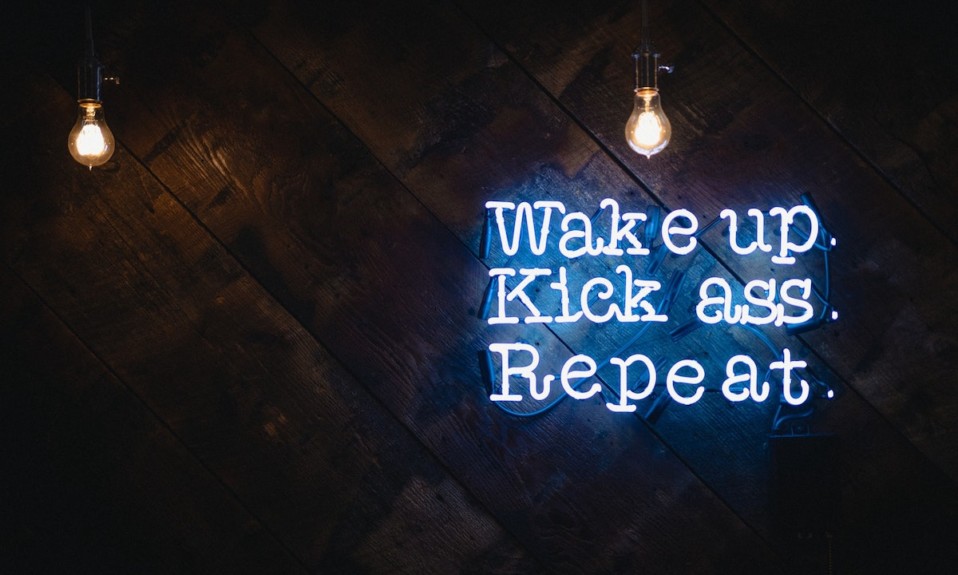Things that made you happy during your active addiction don’t have to be triggers—you can still find ways to enjoy them
By Patrick McElwaine, Psy.D., LPC
For football fans, the excitement for an NFL season begins as August closes in on September. The thrills of cheering on your favorite team, hanging out with friends, having football parties and tailgating at games all are part of the annual ritual.
I’m a huge fan of the Philadelphia Eagles. When I began drinking and throughout my active addiction, football and alcohol always went hand in hand. I don’t think there was a time from my first sip of alcohol until the day I first walked into a 12-step room that I didn’t drink alcohol while watching a football game. It was part of the experience. And some of it was downright destructive. There were fights, blackouts, drinking and driving, accidents and arguments.
I thought my life in recovery would never be fun. It seemed everyone else was able to have a great time drinking and watching the games, and I felt like I was missing out.”
On June 23, 2005, I first entered recovery. When football season began a few months later, I was depressed and anxious—even angry. I had thoughts like, Why do I have to stop drinking? and I’m not even as bad as [insert name] and I don’t even think I was that bad. I had numerous relapses until my present recovery date of Feb. 12, 2009. As I struggled with my sobriety, football season was always incredibly tough for me. I thought my life in recovery would never be fun. It seemed everyone else was able to have a great time drinking and watching the games, and I felt like I was missing out. I also felt disconnected and alone. I had thoughts like, If this is how my life will be, I’d rather be drinking and using drugs. Life is short—I should have fun. Those types of thoughts can be extremely harmful in recovery; in fact, they can kill you. The truth was that alcohol and drugs were ruining my life.
Recovery Can Be Fun
I was playing right into one of the biggest myths related to recovery: that you cannot have fun in recovery. The truth is, the early stage of recovery is hard. I struggled for a few years wondering if I would ever feel better and if the messages from others in recovery about the amazing benefits of this new life would happen to me. I began to utilize my therapist and 12-step meetings, avoid toxic people and places and surround myself with positive and supportive people. I replaced thoughts such as My life sucks—I’m always going to be in pain and miserable with Today was a rough day, I went to a meeting, and I’m going to bed sober.
And the craziest thing happened: I continued to work my recovery program, and even during tough times, I didn’t drink or do drugs. During football season, I started watching games and really getting into them—the plays, the highlights, the football discussions. Unlike before, I remembered everything that had happened in the games. With each passing day, I realized and understood that I didn’t need alcohol and drugs in my life.
For all you football fans—and anyone else—struggling in recovery, reach out to a therapist, go to meetings and get connected with your National Alliance on Mental Illness (NAMI) affiliate for guidance and support.”
In 2018, the Eagles finally won the Super Bowl. I was able to share this awesome moment with my close friends and family. I could recall all the amazing plays, and I didn’t do anything I would regret or feel ashamed about due to my drinking. Other than running through the screen door while celebrating the win, everything turned out perfectly.
I know for a fact that I would not be able to say that if I were still drinking. (Also, my wife forgave me for breaking the screen door.) So, for all you football fans—and anyone else—struggling in recovery, reach out to a therapist, go to meetings and get connected with your National Alliance on Mental Illness (NAMI) affiliate for guidance and support. Although I sense the Eagles will have a tough season in 2021, I’m excited about watching every play. During my struggles, I never thought I would say this, but recovery and football are an amazing combination. Go Birds!
Patrick McElwaine, Psy.D., LPC, is known as “Dr. Mac” to his clients, students and colleagues. He has his own counseling practice, teaches counseling psychology at Holy Family University in Pennsylvania, is a faculty member at the Beck Institute and serves on the Bucks County National Alliance on Mental Illness (NAMI) board of trustees. His column “Dear Recovery” publishes regularly on TreatmentMagazine.com.
Photo: Casey Murphy













